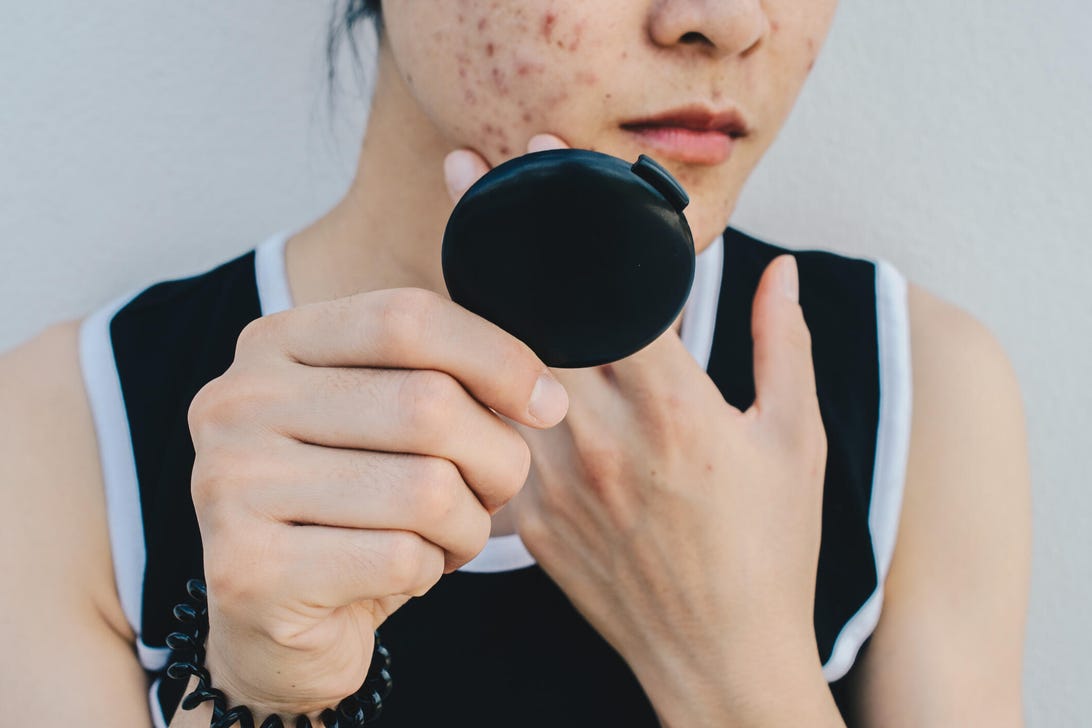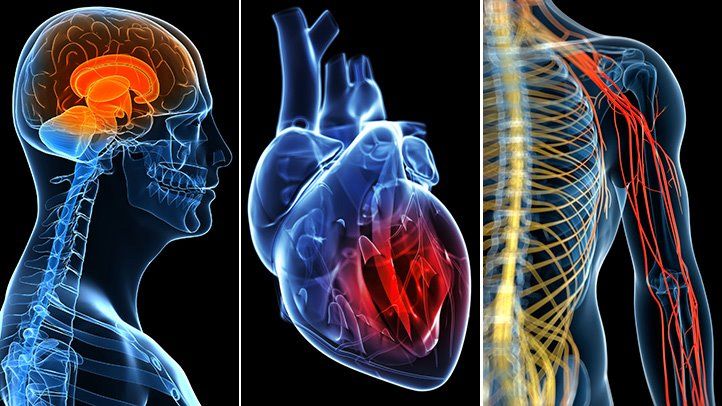Testosterone imbalance: Signs of low and high testosterone in men and women.
Testosterone is a good thing, but too much or not enough can cause trouble.
The following written content by Amanda Capritto

Testosterone is an important hormone in both men and women. It’s the key male sex hormone, but in addition to regulating fertility, testosterone also affects muscle mass, body fat distribution and red blood cell production.
Many women think of testosterone as a man’s problem, but low or high testosterone levels can affect women, too. Sometimes, lifestyle changes can correct a testosterone imbalance, but in some cases, medical treatment may be necessary.
In this article, learn more about the signs of low testosterone in men and women, plus expert tips for maintaining healthy testosterone levels.
Signs of testosterone imbalance

Both men and women can experience testosterone deficiency. Both sexes can also experience abnormally high levels of testosterone, but that’s more common in people with ovaries.
Signs of low testosterone in people with testes include:
- Reduced sex drive
- Erectile dysfunction
- Loss of body hair
- Loss of muscle mass or trouble gaining new muscle mass
- Muscle weakness
- Increased body fat
- Increased breast tissue
Signs of low testosterone in people with ovaries include:
- Low libido
- Muscle weakness
- Loss of muscle mass
- Fatigue
- Weight gain
- Poor sleep
Signs of high testosterone in people with ovaries include:
- Acne
- Facial hair
- Excessive body hair (more than what’s normal for the individual)
- Muscle mass gain without much effort
- Deepening of the voice
- Balding
- Decreased breast size
- Irregular menstrual cycles
What causes testosterone imbalances?
Testosterone imbalances can be genetic, a product of lifestyle factors or a combination of both. These are some common reasons for low or high testosterone levels.
Genetics: “There is a huge genetic component to low testosterone,” says Dr. Jessica Wright, owner of Rejuvenate Austin, “and scientists have even pinpointed certain genes that cause low T.” Genetic disorders, such as Klinefelter Syndrome, can also cause low testosterone.
Aging: Testosterone levels in both sexes naturally decrease with age. In some people, this decline is more abrupt or significant than in others.
Body fat: High body fat percentages can affect hormone production and signaling.
Medical conditions: Any health conditions that affect the testes or ovaries can alter testosterone production. In addition, any medical conditions of the pituitary gland (a gland in your brain) or hypothalamus (part of your brain responsible for testosterone production) can affect testosterone levels.
Medical treatments: Chemotherapy, radiation or any medical treatment that affects the testes or ovaries can lead to testosterone imbalances.
Stress: Prolonged and excessive stress can cause hormonal imbalances of all sorts, including testosterone imbalance.
Exercise: Lack of exercise, especially lack of resistance training, can cause testosterone levels to decline. On the flip side, consistent weight training can boost testosterone. Read more reasons from Cnet.





